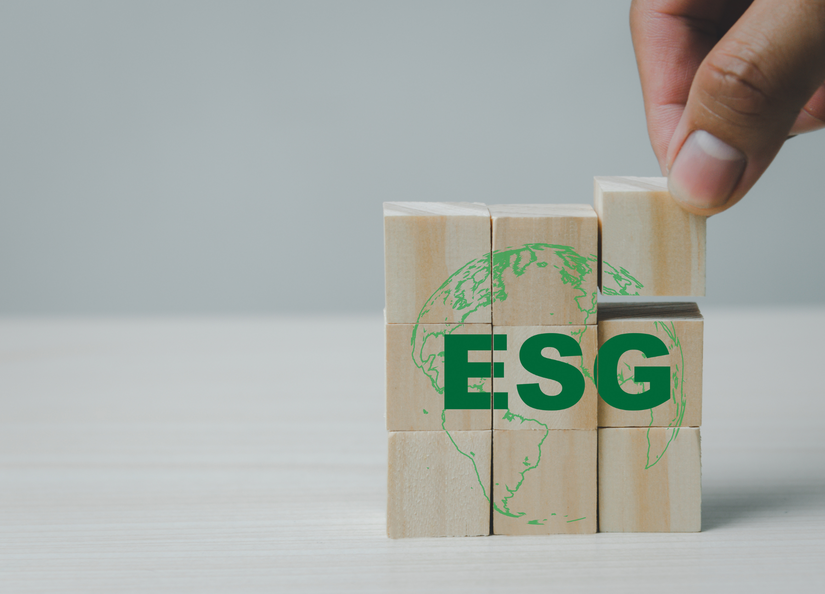Contractual review for effective and ethical supply chains
Supply chains globally are facing a number of challenges including the shipping crisis, price increases, complex trade relations and ongoing effects of COVID-19 to name a few. On top of these difficulties, it is also increasingly important for businesses to ensure they have ethical supply chains as a result of increased pressure for the implementation of ESG (environment, social and governance) measures and mandatory requirements for reporting in respect of matters such as modern slavery risks. These factors mean it is an important time for businesses to review their current and future contracts to ensure they adequately address these matters.
Effective supply chains
Given how much our day to day lives have changed over the past few years, and the current challenges supply chains face, it is worth considering and reviewing all aspects of your contracts to ensure they still are operating effectively.
In particular, with the current supply chain difficulties, clauses relating to termination rights, price increases or reviews and force majeure may require attention to ensure your business is as protected as possible.
Ethical supply chains
An effective supply chain often doesn’t require consideration beyond the parties to the contract. An ethical supply chain, however, does require looking beyond the contracting parties to all parties who contribute to the ultimate supplied good or service. For example, the supply chain for a bag of flour may include the seed producer, wheat farmer, miller, packaging, packing factory, and the store where it is sold to a customer. There is also transport between each of these stages, and the products and people involved. Now imagine the supply chain of something more complex like a piece of machinery!
It is no easy feat to map all the supply chains a business relies on, let alone ensure there is a certain standard of practices and behaviours enforced across those supply chains in relation to human rights issues including modern slavery risks, occupational health and safety, environmental matters, indigenous rights and community development.
The implementation of mandatory modern slavery reporting in 2019 has meant Australian entities with a consolidated revenue of $100 million or more per annum are required to publish annual modern slavery statements, detailing their supply chains, identifying modern slavery risks and outlining the actions taken to address those risks[1]. This process means the difficult step of determining a businesses supply chains is starting to be addressed. Businesses may be able to build on this process to expand to consider ethical supply chain issues more broadly.
Focussing on modern slavery for now, as mandatory reporting has been in place for a few years, there is a lot more information available to now guide businesses in their modern slavery reporting.
Detailed reports[2] have been prepared across multiple industries identifying key modern slavery risk factors that businesses should be aware of. Some of these risk factors are listed below.
| Property and construction | Financial services | Health services | Resources and natural energy |
|---|---|---|---|
| Significant growth in Australia means high demand for base-skill workers and raw materials | Incorrect assumption that as a professional services industry there is a low modern slavery risk | Complex industry with many participants | High-risk geographies and business models |
| Typically short term engagements limits collaborative efforts to address risks | Large and complex supply chains with low visibility | Third-party recruitment is common | Demand for base-skill workers and use of labour-hire |
| Low-tier supplies operate in typically high-risk countries | Exposure to a diverse set of industries and geographies | Growing dependence on temporary migrant workers | Pressure to de-carbonise and increased scrutiny on ESG issues |
| Rapid sector growth and change, along with disruption due to COVID-19 | Vulnerable populations in remote locations |
In addition to this industry-specific information, there is also data available about particular geographical regions that have heightened modern slavery risks, and particular raw goods or products where connections to modern slavery practices have been identified. For example, electronics, textiles, shipping, construction, bricks, cobalt, rubber and cocoa are some of the products and services that are known to have a high risk of modern slavery associated with their production. This information allows businesses to make more informed assessments of the modern slavery risks that may be present in their supply chains without necessarily having to contact and obtain information from each individual part of the supply chain.
In order to empower your business to collect required information to assess its modern slavery risks, contracts with suppliers of goods and services to your business can include clauses which require suppliers to comply with a modern slavery code of conduct, provide reasonable information to the business about modern slavery and its supply chains, and participate in regular audits, for example.
Businesses should also exercise caution to not fall into common traps that have now been identified for modern slavery statements:
- failing to disclose the impact COVID-19 has had on supply chains;
- not following the legislated requirements for approval of modern slavery statements;
- merely stating there is a modern slavery risk without identifying the nature, context or extent of those risks;
- failing to identify or disclose obvious risks, for example, businesses selling clothing manufactured in China failing to refer to the risk of Uyghur forced labour; and
- failing to demonstrate effective actions to address risks identified.
Ensuring ethical and effective supply chains is a challenging and ongoing process. Businesses should continually be reviewing and improving their practices in this regard.
Finally, the current modern slavery reporting legislation is currently undergoing a three year review. We will keep you updated of any changes that may arise out of this process.
[1] Modern Slavery Act 2018 (Cth).
[2] https://humanrights.gov.au/our-work/business-and-human-rights/projects/supporting-business-combat-modern-slavery.
This article provides general commentary only. It is not legal advice. Before acting on the basis of any material contained in this article, seek professional advice.
Expertise
Related Insights
Video: ESG in business with Nicole Mead

From the E, to the S, to the G: unpacking ESG for businesses

Industry Leaders Fund Scholars Network – ESG seminar

Is your business at risk of “Pinkwashing” this Pride Month?

Nicole Mead features on Smart Company – Watchdogs are cracking down on greenwashing, so how can your business back up its sustainability claims?


